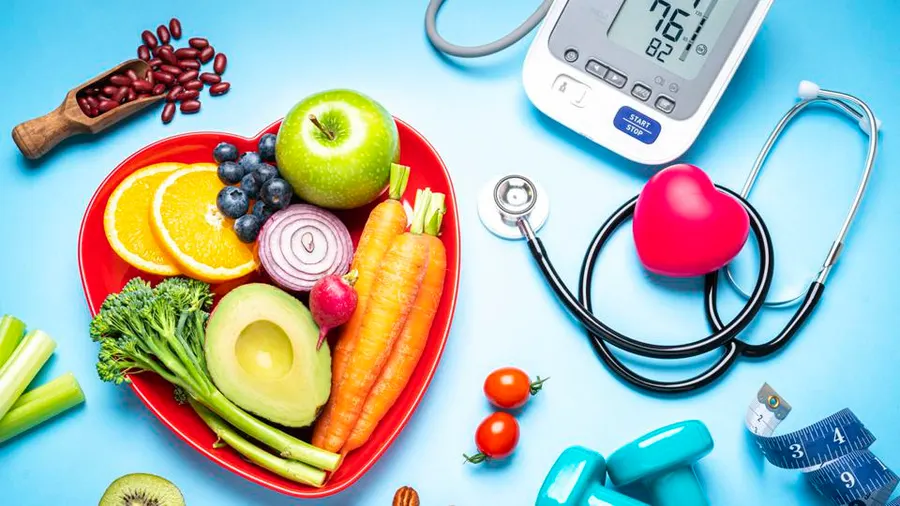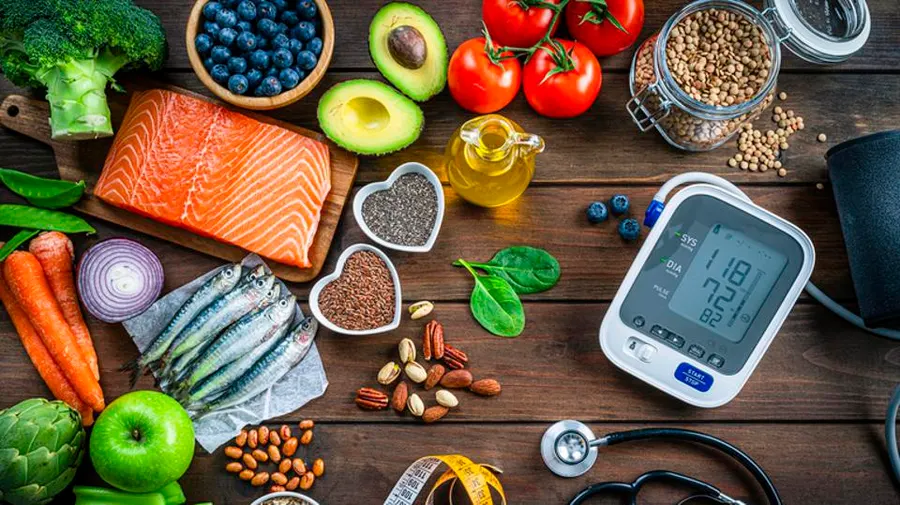High blood pressure, or hypertension, is a condition that affects nearly half of American adults, yet many people are unaware they have it due to its lack of initial symptoms. Understanding high blood pressure and how to manage it is crucial because, if left untreated, it can lead to severe health issues like strokes, heart attacks, kidney disease, and vision loss. Early diagnosis and proactive lifestyle changes can make a significant difference in managing the condition.
A key strategy for managing high blood pressure is through diet, as nutrition plays a pivotal role in influencing blood pressure levels. One of the most important things to avoid if you have high blood pressure is underestimating the impact of your diet. Making positive changes in your eating habits can greatly lower your blood pressure, which is empowering news for those looking to improve their health.
Reducing sodium intake is a critical step in managing high blood pressure. High sodium levels can cause blood vessels to narrow, raising blood pressure. Many packaged and processed foods contain hidden sodium, so reading labels and opting for lower-sodium alternatives is essential. The American Heart Association recommends reducing sodium intake to 1,500 milligrams per day for those with high blood pressure to see beneficial effects.

Potassium is another important nutrient in managing blood pressure because it helps the body excrete sodium and relaxes blood vessel walls, which lowers blood pressure. To increase potassium intake, it’s advisable to consume more fruits and vegetables, aiming for about 4½ cups daily. Foods rich in potassium include bananas, lentils, potatoes, and low-fat dairy products.
Cooking meals at home can also help control sodium intake, as it allows you to choose fresh, whole foods and flavor them with herbs and spices instead of salt. While dining out is still possible, it’s important to make informed choices by checking nutritional information, avoiding high-sodium foods, and opting for grilled or steamed dishes with vegetables.
Two dietary approaches that are particularly effective in managing high blood pressure are the DASH (Dietary Approaches to Stop Hypertension) diet and the Mediterranean diet. Both emphasize the consumption of fruits, vegetables, whole grains, lean proteins, and low-fat dairy while limiting saturated fats, red meat, and added sugars. These diets are rich in nutrients like potassium, calcium, magnesium, and fiber, which help lower blood pressure.
Beyond diet, other lifestyle factors can help manage blood pressure, such as regular physical activity, avoiding smoking, managing stress, maintaining a healthy weight, and getting sufficient sleep. If lifestyle changes alone are not enough, medication may be necessary, and consulting with a healthcare provider is advised.
High blood pressure is a widespread but manageable condition. By taking small, consistent steps—such as reducing sodium intake, eating more potassium-rich foods, and adopting a heart-healthy diet—individuals can significantly improve their blood pressure. Working with a registered dietitian can also provide personalized guidance to help manage hypertension effectively.
